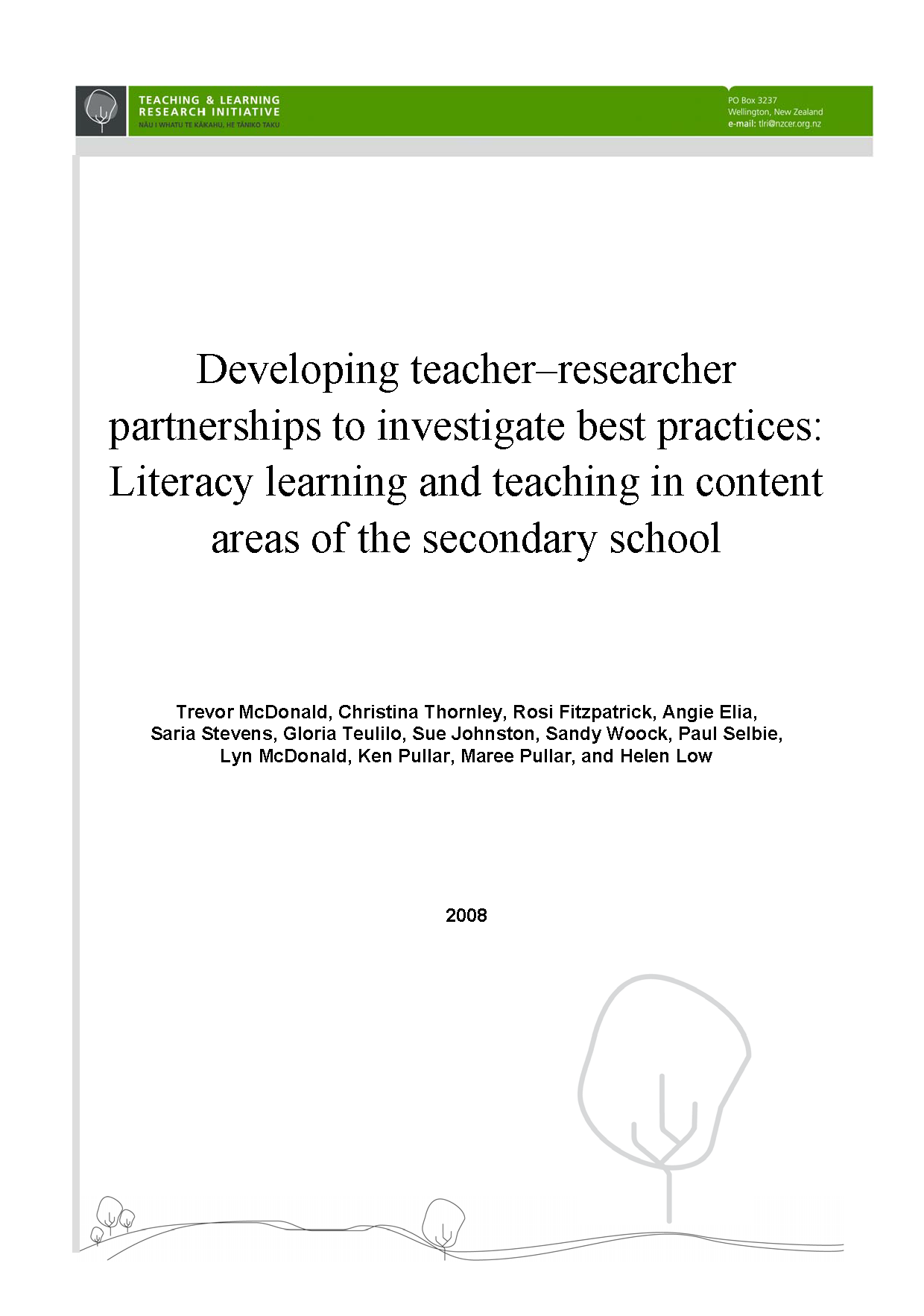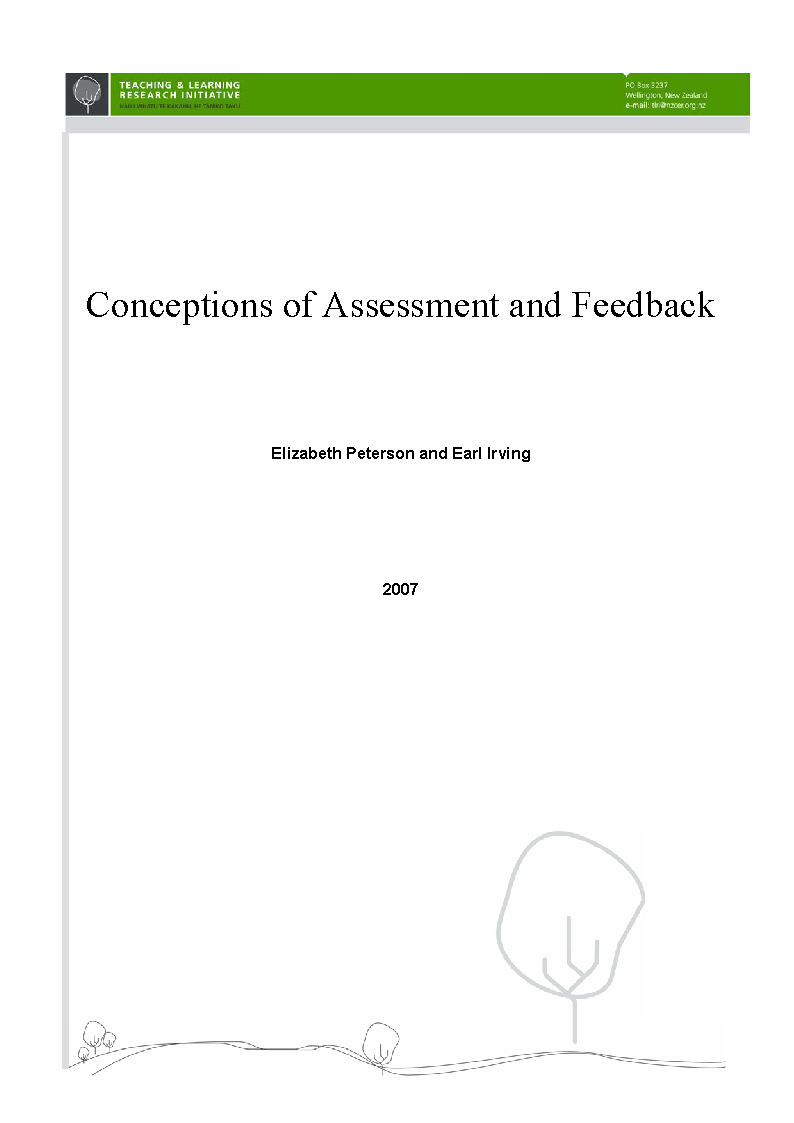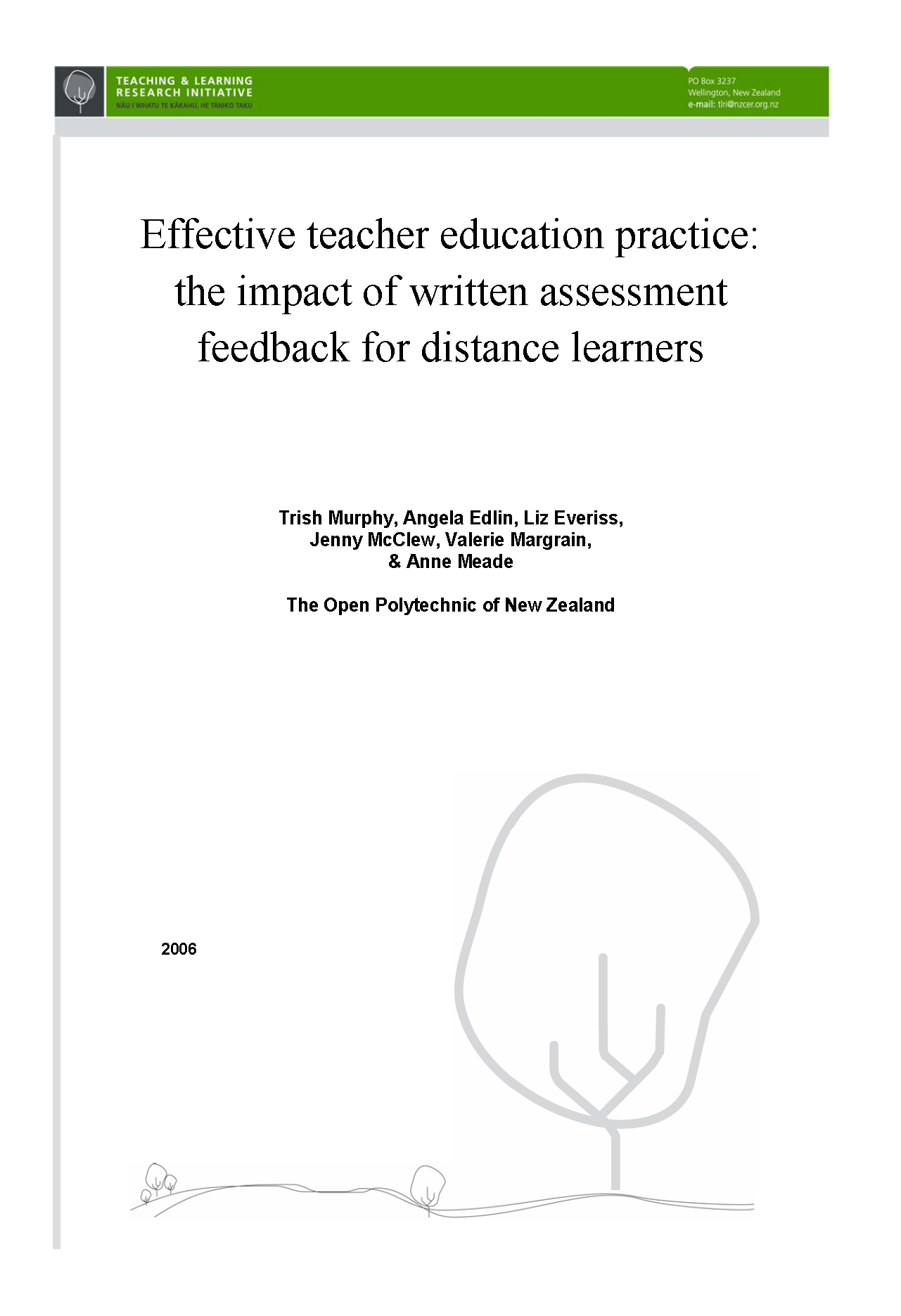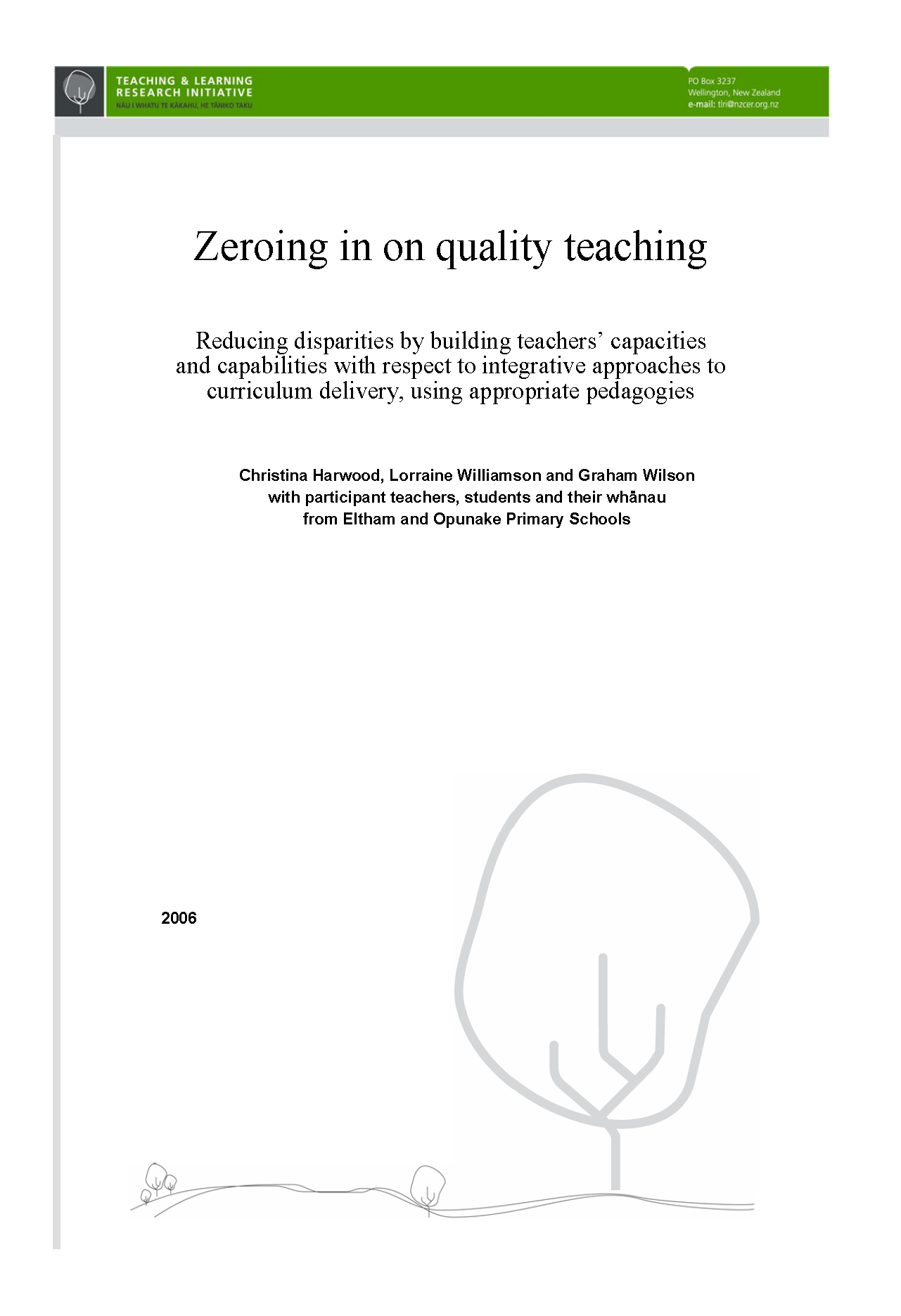
Developing teacher–researcher partnerships to investigate best practices: Literacy learning and teaching in content areas of the secondary school
1. Literature review This literature review is intended to provide a background to the project undertaken and described in this report. In essence the project seeks to apply a research-based model of literacy instruction developed in New Zealand to investigate the efficacy of the model in raising student achievement. It is our intention to do so using collaborative teacher and researcher partnerships in order to investigate and interrogate the ways in which the model can respond to the needs of specific students, teachers, and schools. This being the case, the literature on adolescent literacy is reviewed, effective instructional approaches are evaluated, and the outcomes of “successful” interventions are described. Secondly, we




